ZES 30MG TABLET
MRP ₹214.5
(Inclusive of all Taxes)
₹32.2 Cashback (15%)
Provide Delivery Location

secured payment

india's most trusted pharmacy

genuine products
Composition :
Manufacturer/Marketer :
Consume Type :
Expires on or after :
Return Policy :
About ZES 30MG TABLET
ZES 30MG TABLET belongs to a group of antiulcer medicines called 'proton pump inhibitors' used to treat stomach and intestinal ulcers, inflammation of food pipe (oesophagus), gastro-oesophagal reflux disease - GERD (reflux of gastric contents into the oesophagus), heartburn, regurgitation, ulcers caused by the usage of pain killers, infections caused by Helicobacter pylori when given along with an antibiotic, and Zollinger-Ellison syndrome.
ZES 30MG TABLET contains 'Lansoprazole' that works by blocking the action of an enzyme known as the gastric proton pump responsible for the production of acid. This helps in reducing the amount of acid produced, heals the ulcers and prevents the formation of new ulcers.
In some cases, you may experience certain common side-effects such as headache, dizziness, diarrhoea, constipation, nausea, vomiting, flatulence (wind), dry mouth, skin rash, itching, and tiredness. Most of these side-effects do not require medical attention and will resolve gradually over time. However, you are advised to talk to your doctor if you experience these side-effects persistently.
Inform your doctor if you have liver disease, or if you are due to have Chromogranin A blood test. ZES 30MG TABLET may cause dizziness, so drive only if you are alert. Avoid consuming alcohol along with ZES 30MG TABLET as it could lead to increased drowsiness and can elevate the production of stomach acid. Keep your doctor informed about your health condition and medicines to rule out any side-effects.
Uses of ZES 30MG TABLET

Have a query?
Directions for Use
Take ZES 30MG TABLET 30 minutes before food/meal or as advised by the doctor. Tablet/Capsule: Swallow it as a whole with water; do not crush, break or chew it. Dispersible tablet/Tablet DT: Check the label for directions before use. Disperse the tablet in the prescribed amount of water and swallow the contents. Do not crush, chew or swallow as a whole.
Key Benefits
ZES 30MG TABLET belongs to a group of antiulcer medicines called proton pump inhibitors. ZES 30MG TABLET is used to treat intestinal and stomach ulcers, inflammation of food pipe, gastro-oesophageal reflux disease (reflux of gastric contents into the oesophagus), heartburn, regurgitation, ulcers caused by the usage of NSAIDs, infections caused by Helicobacter pylori when given along with an antibiotic, and Zollinger-Ellison syndrome. ZES 30MG TABLET works by blocking the action of the enzyme known as gastric proton pump that is responsible for the production of acid. This helps in reducing the amount of acid produced, heals the ulcers and prevents the formation of new ulcers.
Storage
- Inform your doctor about the nausea and discuss possible alternatives to the medication or adjustments to the dosage.
- Divide your daily food intake into smaller, more frequent meals to reduce nausea.
- Opt for bland, easily digestible foods like crackers, toast, plain rice, bananas, and applesauce.
- Avoid certain foods that can trigger nausea, such as fatty, greasy, spicy, and smelly foods.
- Drink plenty of fluids, such as water, clear broth, or electrolyte-rich beverages like coconut water or sports drinks.
- Use ginger (tea, ale, or candies) to help relieve nausea.
- Get adequate rest and also avoid strenuous activities that can worsen nausea.
- Talk to your doctor about taking anti-nausea medication if your nausea is severe.
- Record when your nausea occurs, what triggers it, and what provides relief to help you identify patterns and manage your symptoms more effectively.
- Inform your doctor about dizziness symptoms. They may adjust your medication regimen or prescribe additional medications to manage symptoms.
- Follow your doctor's instructions for taking medication, and take it at the same time every day to minimize dizziness.
- When standing up, do so slowly and carefully to avoid sudden dizziness.
- Avoid making sudden movements, such as turning or bending quickly, which can exacerbate dizziness.
- Drink plenty of water throughout the day to stay hydrated and help alleviate dizziness symptoms.
- If you're feeling dizzy, sit or lie down and rest until the dizziness passes.
- Track when dizziness occurs and any factors that may trigger it, and share this information with your doctor to help manage symptoms.
- Drink warm fluids such as warm water with honey, broth, soup or herbal tea to soothe sore throat.
- Gargle with warm salt water.
- Suck on lozenges to increase the production of saliva and soothe your throat.
- Use a humidifier to soothe sore throat as it adds moisture to the air and makes breathing easier.
- Consult your doctor if you experience symptoms of sinusitis, such as nasal congestion, facial pain, or headaches, which may be triggered by your medication.
- Your doctor may adjust your treatment plan by changing your medication, adding new medications, or providing guidance on managing your sinusitis symptoms.
- Practice good hygiene, including frequent handwashing, avoiding close contact with others, and avoiding sharing utensils or personal items.
- If your doctor advises, you can use nasal decongestants or saline nasal sprays to help relieve nasal congestion and sinus pressure.
- To help your body recover, get plenty of rest, stay hydrated, and engage in stress-reducing activities. If your symptoms persist or worsen, consult your doctor for further guidance.
- Inform your doctor about the medication you're taking and the UTI symptoms you're experiencing.
- Your doctor may adjust your medication regimen or consider alternative medications or dosages that may reduce the risk of UTIs.
- Drink plenty of water (at least 8-10 glasses a day) to help flush out bacteria. Avoid sugary drinks and caffeine, which can exacerbate UTI symptoms.
- Urinate when you feel the need rather than holding it in. This can help prevent bacterial growth and reduce the risk of UTIs.
- Consider cranberry supplements: Cranberry supplements may help prevent UTIs by preventing bacterial adhesion.
- Monitor UTI symptoms and report any changes to your doctor.
- If antibiotics are prescribed, take them as directed and complete the full course.
- Report to Your Doctor: Inform your doctor about the muscle pain, as they may need to adjust your medication.
- Stretch Regularly: Gentle stretching can help relieve muscle pain and stiffness.
- Stay Hydrated: Adequate water intake supports muscle health by removing harmful substances and maintaining proper muscle function.
- Warm or Cold Compresses: Apply cold or warm compresses to the affected area to reduce pain and inflammation.
- Rest and Relaxation: Adequate rest helps alleviate muscle strain, while relaxation techniques like deep breathing and meditation can soothe muscle tightness, calm the mind, and promote relief from discomfort.
- Gentle Exercise: Participate in low-impact activities, such as yoga or short walks, to improve flexibility, reduce muscle tension, and alleviate discomfort.
- Consult a physician: If your symptoms don't improve or get worse, go to the doctor for help and guidance.
- If you experience symptoms like coughing, wheezing, chest tightness, or difficulty breathing after taking medication, seek medical attention immediately.
- Your healthcare provider will work with you to stop the medication causing the reaction, start alternative treatments, and provide supportive therapy.
- To manage symptoms and prevent complications, follow your doctor's advice to use inhalers or nebulizers as prescribed, practice good hygiene, avoid irritants, stay hydrated, and get plenty of rest.
- Regularly track your symptoms and report any changes or concerns to your healthcare provider.
Drug Warnings
Do not take ZES 30MG TABLET if you are allergic to any of its contents, or if you are taking atazanavir (used to treat HIV), anticancer medications (methotrexate) and blood thinner (warfarin). Inform your doctor if you have liver disease, or if you are due to have Chromogranin A blood test. ZES 30MG TABLET may cause low magnesium levels, vitamin B12 levels, and increase the risk of bone fractures if taken for a longer duration; the doctor may advise regular tests for monitoring your condition. Consult your doctor if you are pregnant or breastfeeding. ZES 30MG TABLET may cause dizziness, so drive only if you are alert. Prolonged intake of ZES 30MG TABLET is linked with a greater risk of Clostridium difficile-associated diarrhoea, so if you develop diarrhoea that does not improve, immediately consult a doctor.
Drug-Drug Interactions
Drug-Drug Interactions
Login/Sign Up
Co-administration of Zes 30mg Tablet can make Rilpivirine less effective by reducing its absorption in the body.
How to manage the interaction:
Taking Rilpivirine with Zes 30mg Tablet can result in an interaction, but can be taken if prescribed by the doctor. Do not discontinue any medication without consulting a doctor.
Co-administration of Zes 30mg Tablet with Cilostazol may increase the risk of side effects.
How to manage the interaction:
Taking Zes 30mg Tablet with Cilostazol together can result in an interaction, it can be taken if a doctor has advised it. However, contact a doctor immediately if you experience any symptoms such as dizziness, lightheadedness, fainting, breathing difficulty, or rapid heartbeat. Do not discontinue any medications without consulting a doctor.
Co-administration of Zes 30mg Tablet with Gefitinib may interfere with the absorption of Gefitinib and reduce its effectiveness.
How to manage the interaction:
Although taking Zes 30mg Tablet and Gefitinib together can result in an interaction, it can be taken if a doctor has prescribed it. To decrease the effects of the interaction, it is advised to take gefitinib either 12 hours before or 12 hours after Zes 30mg Tablet. Do not discontinue any medications without a doctor's advice.
Taking Zes 30mg Tablet with Pazopanib can reduce the effectiveness of Pazopanib.
How to manage the interaction:
Although taking Zes 30mg Tablet and Pazopanib together can result in an interaction, it can be taken if a doctor has advised it. However, consult a doctor if you experience any unusual symptoms. Do not stop using any medications without a doctor's advice.
Co-administration of Methotrexate with Zes 30mg Tablet can increase the blood levels and side effects of Methotrexate.
How to manage the interaction:
Although there is a possible interaction between Methotrexate and Zes 30mg Tablet, you can take these medicines together if prescribed by a doctor. However, if you notice any symptoms of headaches, irritation, confusion, decreased hunger, fatigue, heart palpitations, or diarrhea, you should contact a doctor immediately. Do not stop using any medications without talking to a doctor.
Co-administration of Acalabrutinib with Zes 30mg Tablet may reduce the effectiveness of Acalabrutinib.
How to manage the interaction:
Although there is a possible interaction between Zes 30mg Tablet and Acalabrutinib, you can take these medicines together if prescribed by a doctor. Do not stop using any medications without talking to a doctor.
Co-administration of Dasatinib together with Zes 30mg Tablet may decrease the effectiveness of Dasatinib.
How to manage the interaction:
Although taking Zes 30mg Tablet and Dasatinib together can result in an interaction, it can be taken if a doctor has prescribed it. In case of any unusual side effects, consult a doctor. Do not discontinue any medications without a doctor's advice.
Taking Tacrolimus with Zes 30mg Tablet may increase the blood levels of Tacrolimus and this may lead to high sugars, infections, kidney problems, hyperkalemia (high blood levels of potassium), visual disturbances, and high blood pressure.
How to manage the interaction:
Although taking Zes 30mg Tablet and Tacrolimus together can possibly result in an interaction, they can be taken together if prescribed by a doctor. However, consult a doctor if you experience irregular heart rhythm, muscle pains, tremors (shaking hands & legs), and seizures(fits). Do not discontinue any medications without consulting a doctor.
When Zes 30mg Tablet and Citalopram are taken together, Zes 30mg Tablet may increase the blood levels of citalopram and increase the risk of side effects, such as an irregular heart rhythm that may be serious.
How to manage the interaction:
Although taking Zes 30mg Tablet and Citalopram together can result in an interaction, it can be taken if a doctor has prescribed it. However, consult a doctor if you experience sudden dizziness, lightheadedness, fainting, breathing difficulty, or fast or pounding heartbeats. Do not discontinue any medications without a doctor's advice.
Taking Zes 30mg Tablet with Dapsone may decrease the level or effect of Dapsone.
How to manage the interaction:
Although there is a possible interaction between Dapsone and Zes 30mg Tablet, you can take these medicines together if prescribed by a doctor. Do not stop using any medications without consulting a doctor.
Drug-Food Interactions
Drug-Food Interactions
Login/Sign Up
Diet & Lifestyle Advise
Eat smaller meals more often.
Avoid smoking and alcohol consumption. Alcohol intake leads to increased production of stomach acid, thereby increasing acidity and heartburn.
Maintain a healthy weight by regular exercising.
Avoid lying down after eating.
Avoid tight-fitting clothes.
Maintain a healthy weight by regular exercising.
Practise relaxation techniques and avoid stress by doing yoga or meditation.
Avoid foods such as high-fat food, spicy food, chocolates, citrus fruits, pineapple, tomato, onion, garlic, tea and soda.
Avoid sitting continuously as it may trigger acidity. Take a break of 5 minutes every hour by doing brisk walking or stretching.
Habit Forming
Therapeutic Class
All Substitutes & Brand Comparisons
RX
Out of StockL-Vive Junior 30mg Tablet MD
₹52
(₹4.68 per unit)
75% CHEAPERRX
Lanofast 30 DT Tablet 15's
Zuver Pharmaceuticals
₹112.5
(₹6.75 per unit)
65% CHEAPERRX
Out of StockLucelan Tablet DT Vanilla
₹110
(₹9.9 per unit)
48% CHEAPER
Alcohol
Safe if prescribed
Avoid consumption of alcohol while taking ZES 30MG TABLET. Alcohol intake leads to increased production of stomach acid, thereby increasing acidity and heartburn.
Pregnancy
Consult your doctor
Please consult your doctor if you have any concerns regarding this; your doctor will prescribe only if the benefits outweigh the risks.
Breast Feeding
Consult your doctor
Consult your doctor if you are breastfeeding; your doctor will decide whether ZES 30MG TABLET can be taken by breastfeeding mothers or not.
Driving
Safe if prescribed
ZES 30MG TABLET may cause dizziness. Do not drive or operate machinery unless you are alert.
Liver
Consult your doctor
Dose adjustment may be needed in patients with liver impairment. Please consult your doctor if you have a liver impairment or any concerns regarding this.
Kidney
Consult your doctor
It is safe to use ZES 30MG TABLET in patients with kidney disease if prescribed by the doctor.
Children
Safe if prescribed
Please consult your doctor. Your doctor may decide the dose and duration based on your child's condition.
FAQs
ZES 30MG TABLET works by blocking the action of the enzyme known as gastric proton pump that is responsible for the production of acid. This helps reduce the amount of acid produced, heals the ulcers and prevents the formation of new ulcers.
ZES 30MG TABLET may cause dizziness. So, drive only if you are alert and omit driving or operating machinery if you feel dizzy.
Talk to your doctor if you do not feel better even after taking ZES 30MG TABLET for 14 days. Do not take ZES 30MG TABLET for longer durations unless prescribed by the doctor. If ZES 30MG TABLET is prescribed for longer durations, a regular check-up is advised.
Do not discontinue ZES 30MG TABLET without consulting your doctor. To treat your condition effectually, continue taking ZES 30MG TABLET for as long as prescribed. Do not be reluctant to speak with your doctor if you feel any difficulty while taking ZES 30MG TABLET.
Diarrhoea might be a side-effect of ZES 30MG TABLET. Drink lots of fluids and eat non-spicy food if you experience diarrhoea. If you find blood in stools (tarry stools) or if you experience severe diarrhoea, consult your doctor. Do not take anti-diarrheal medicine on your own.
Dry mouth could be a side-effect of ZES 30MG TABLET. Limiting caffeine intake, avoiding smoking and mouthwashes containing alcohol, drinking water regularly, and chewing sugar-free gum/candy might help stimulate saliva and thereby prevent drying of the mouth.
Avoid lying down immediately after meals. Raise the head of the bed 10-20 cm by putting a pillow so that the head and chest are above the waist. This prevents acid reflux (backflow of stomach acid to the food pipe).
Country of origin
Manufacturer/Marketer address
Disclaimer
Author Details
We provide you with authentic, trustworthy and relevant information





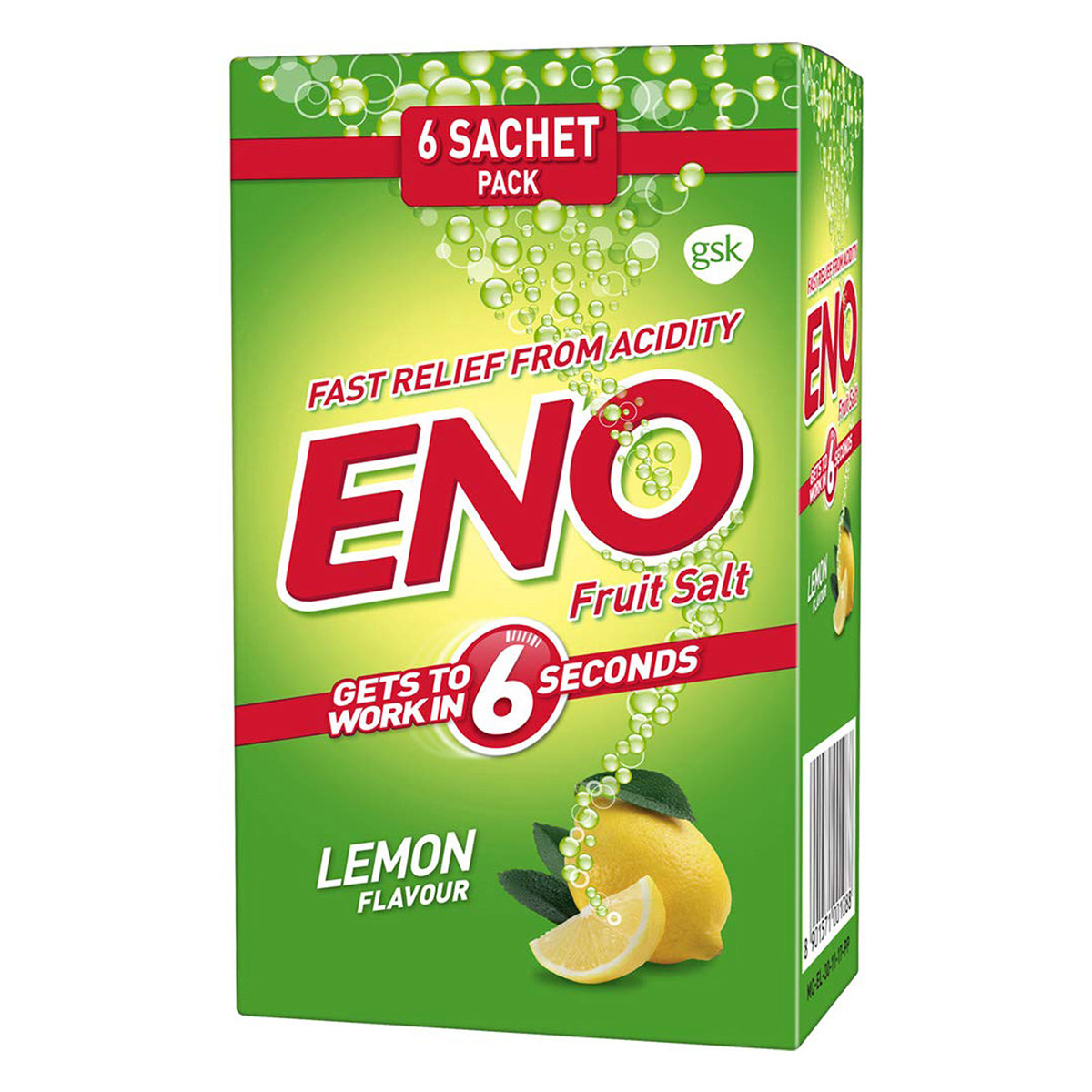
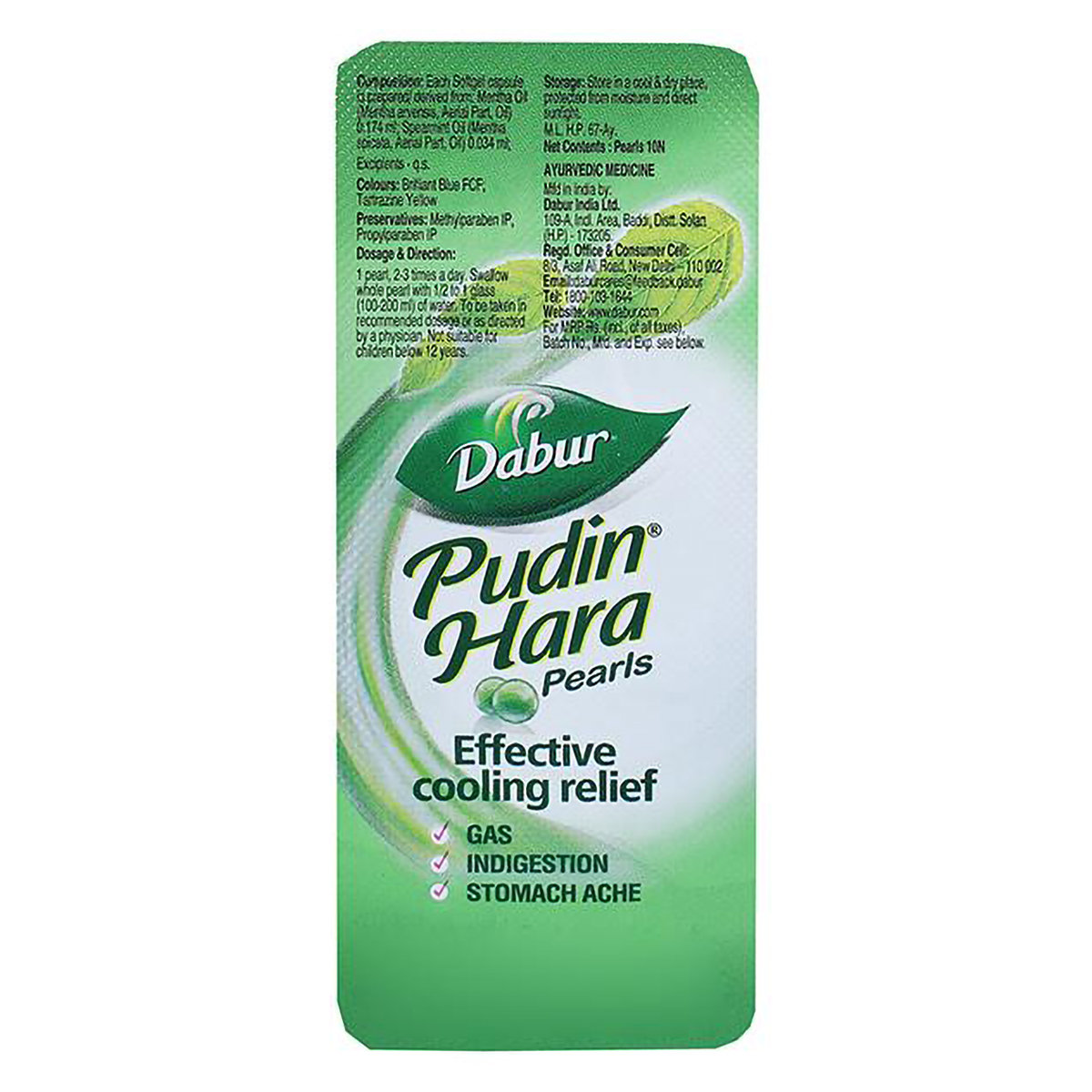
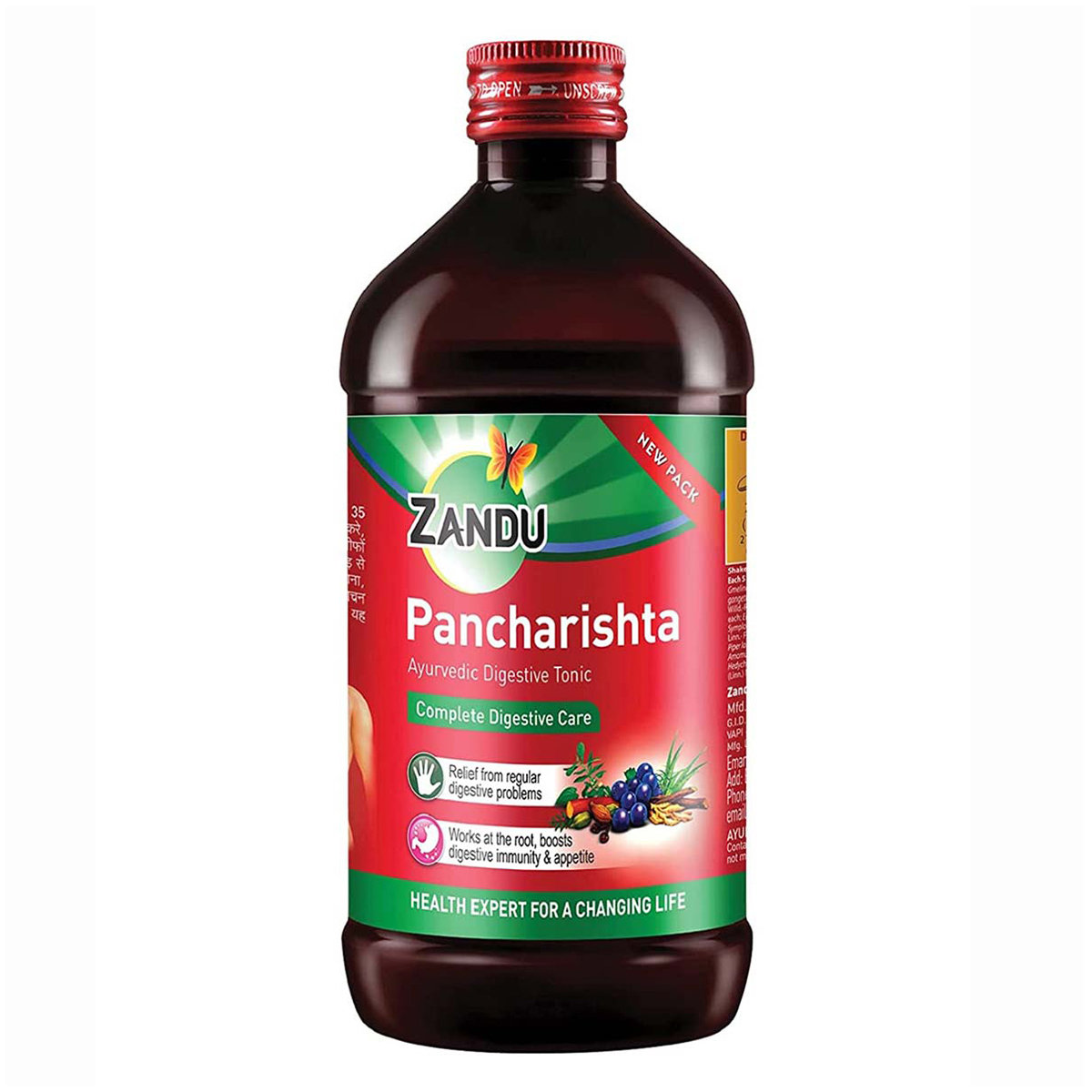
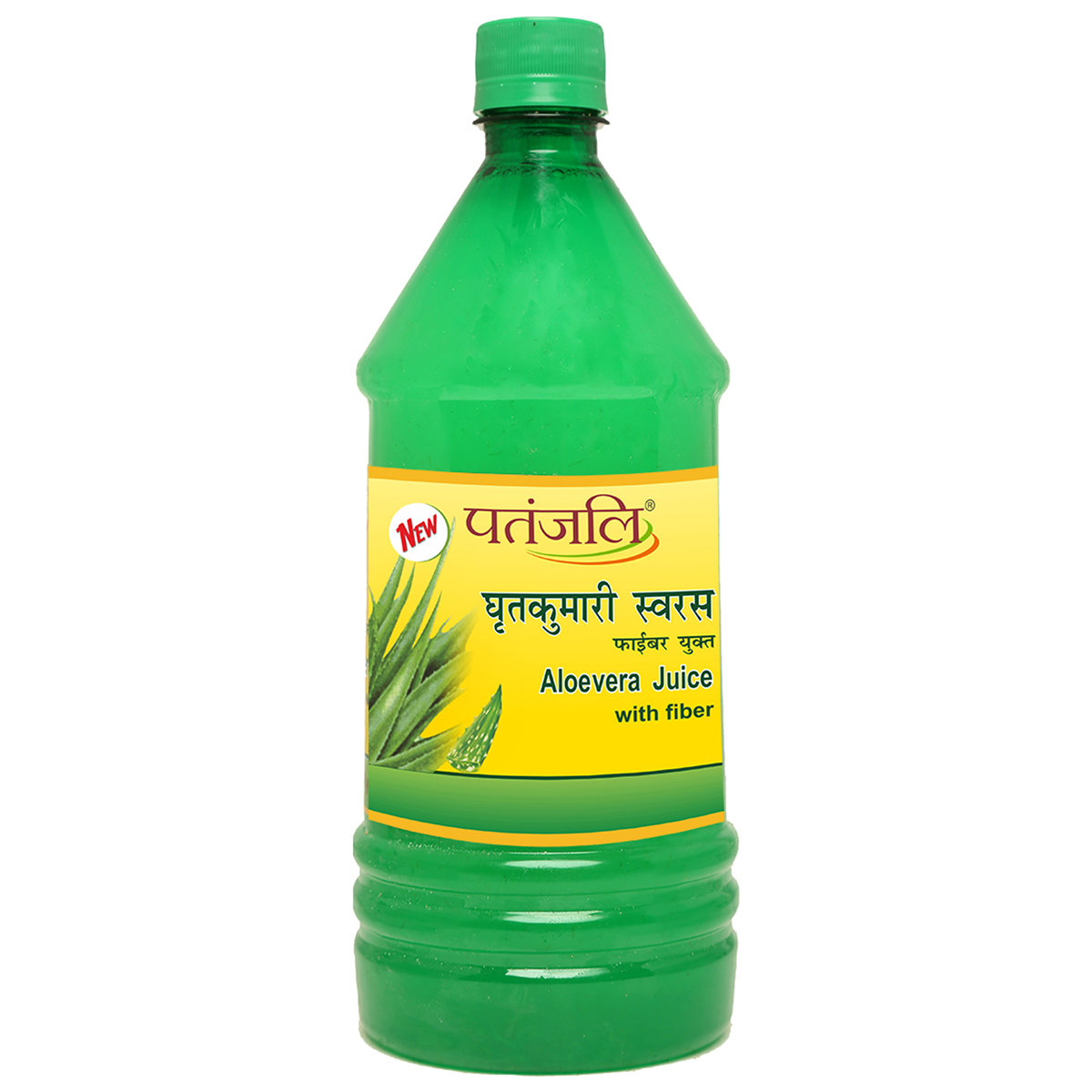
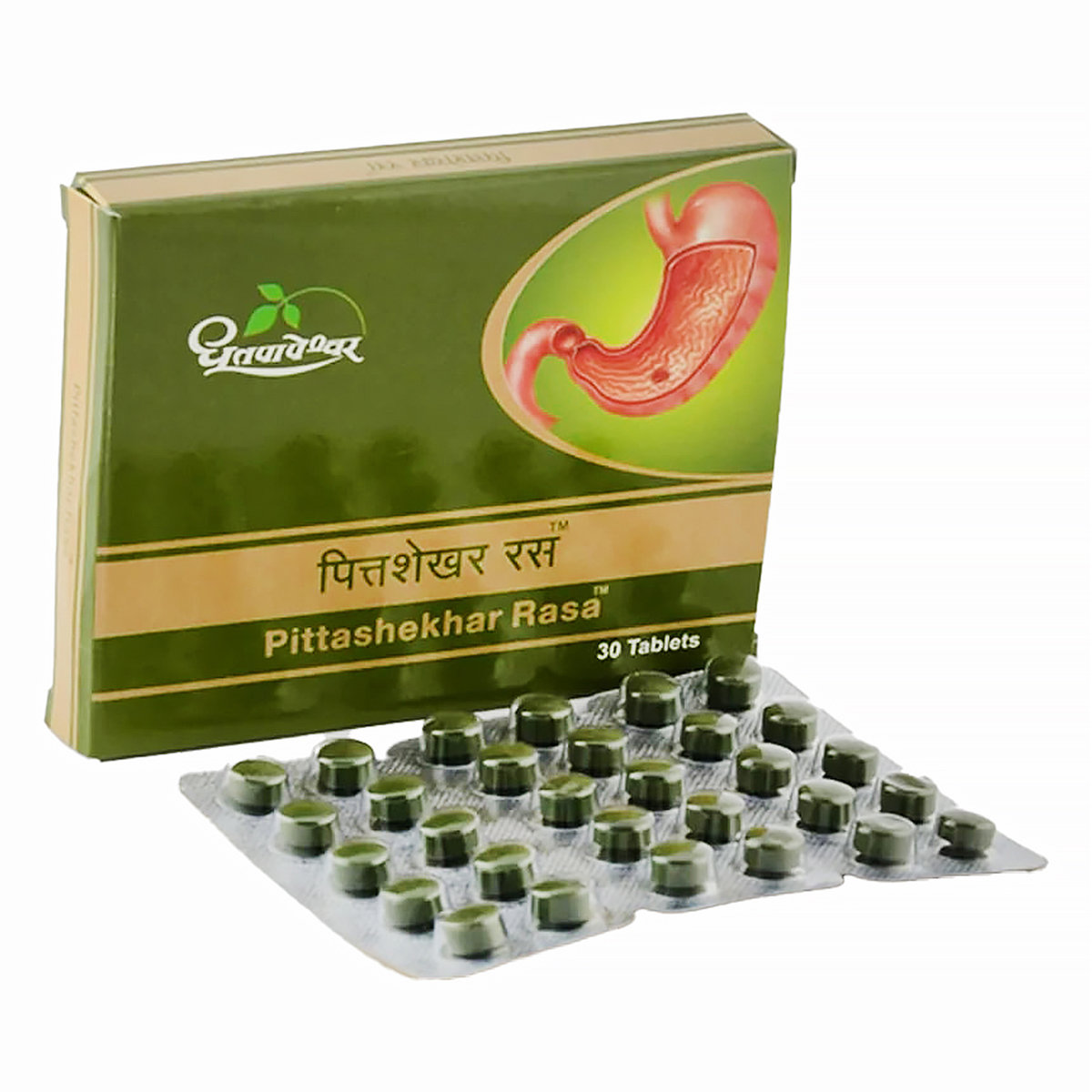
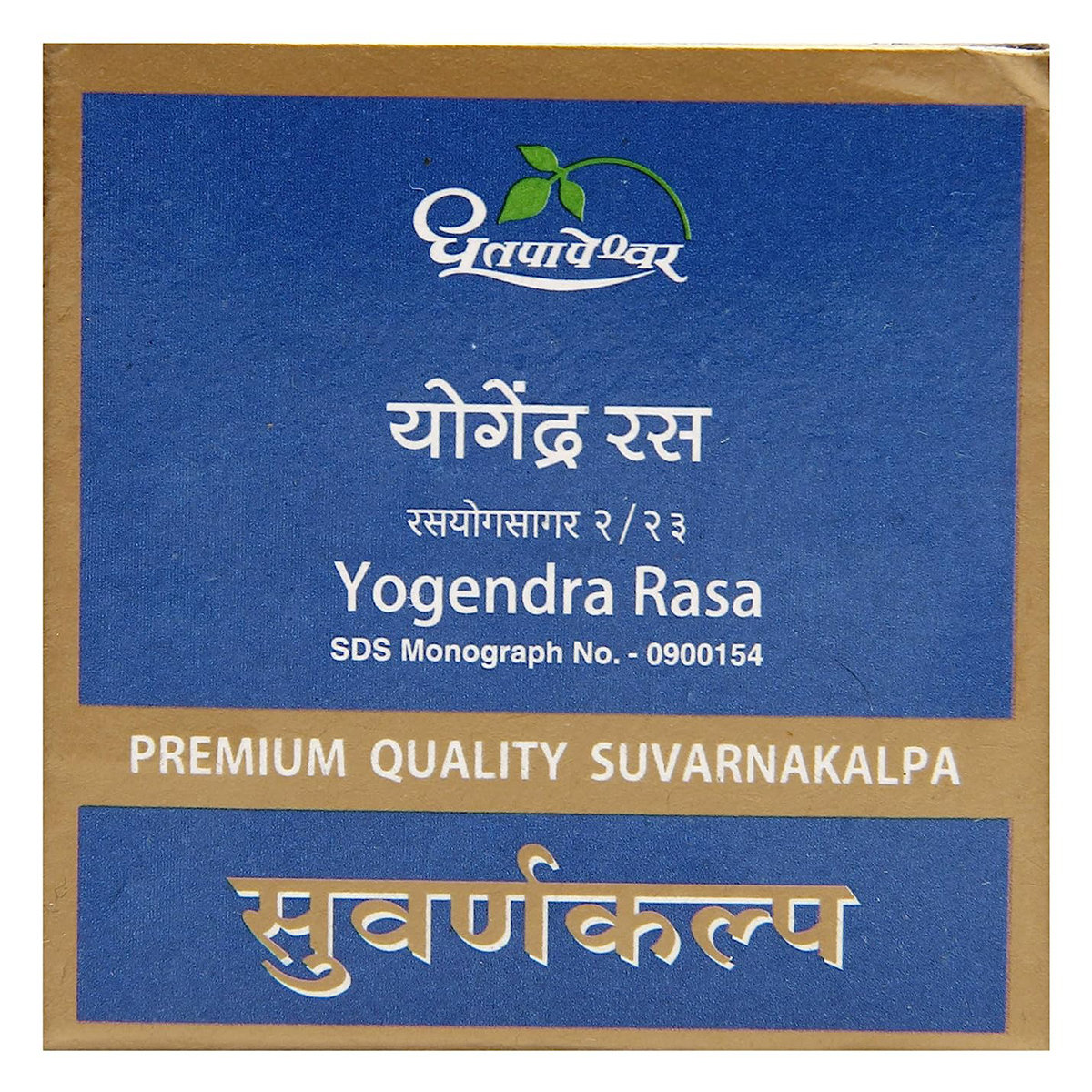

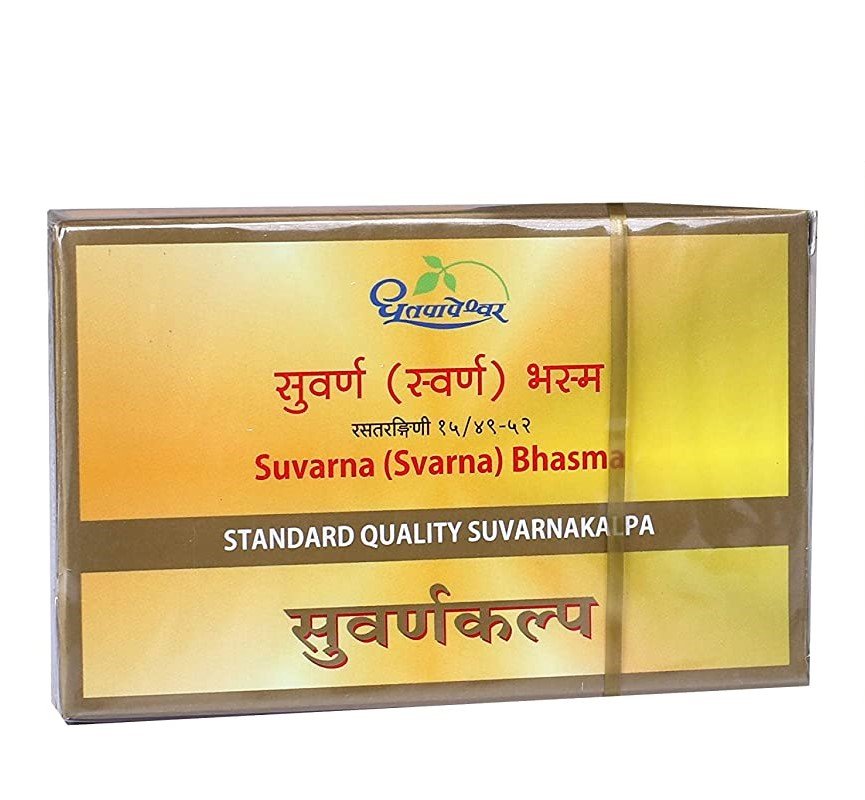
_0.jpg?tr=q-85)

